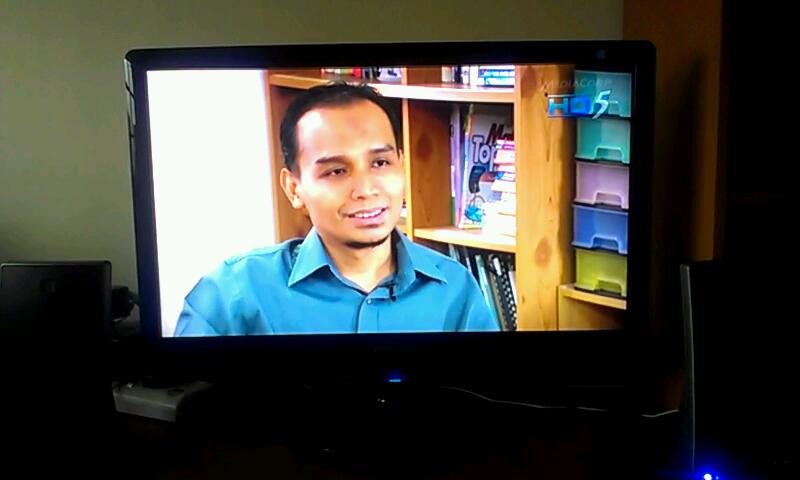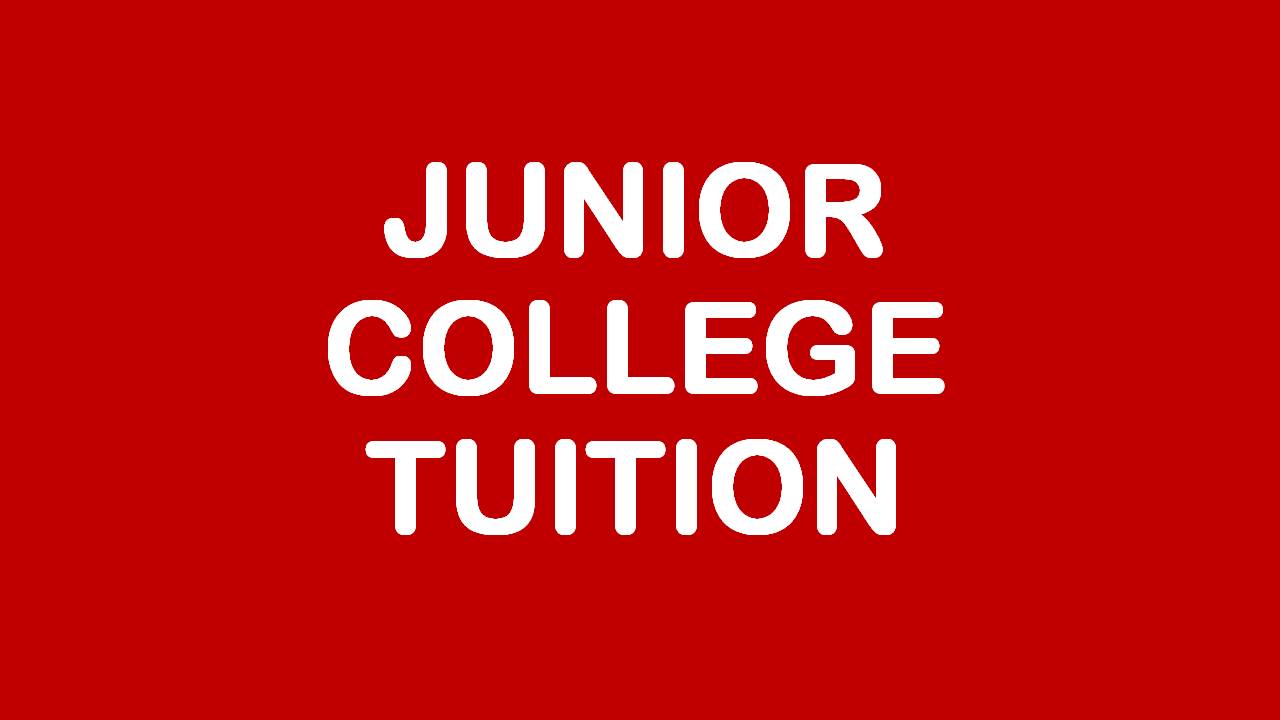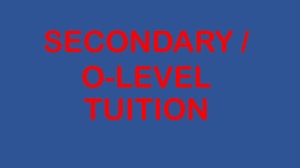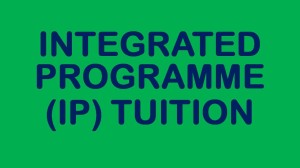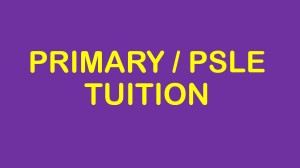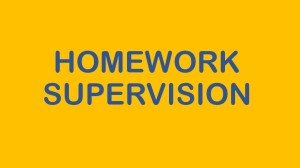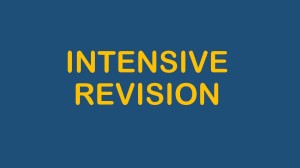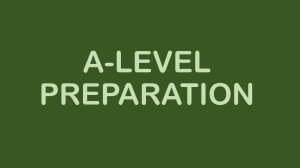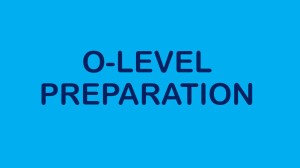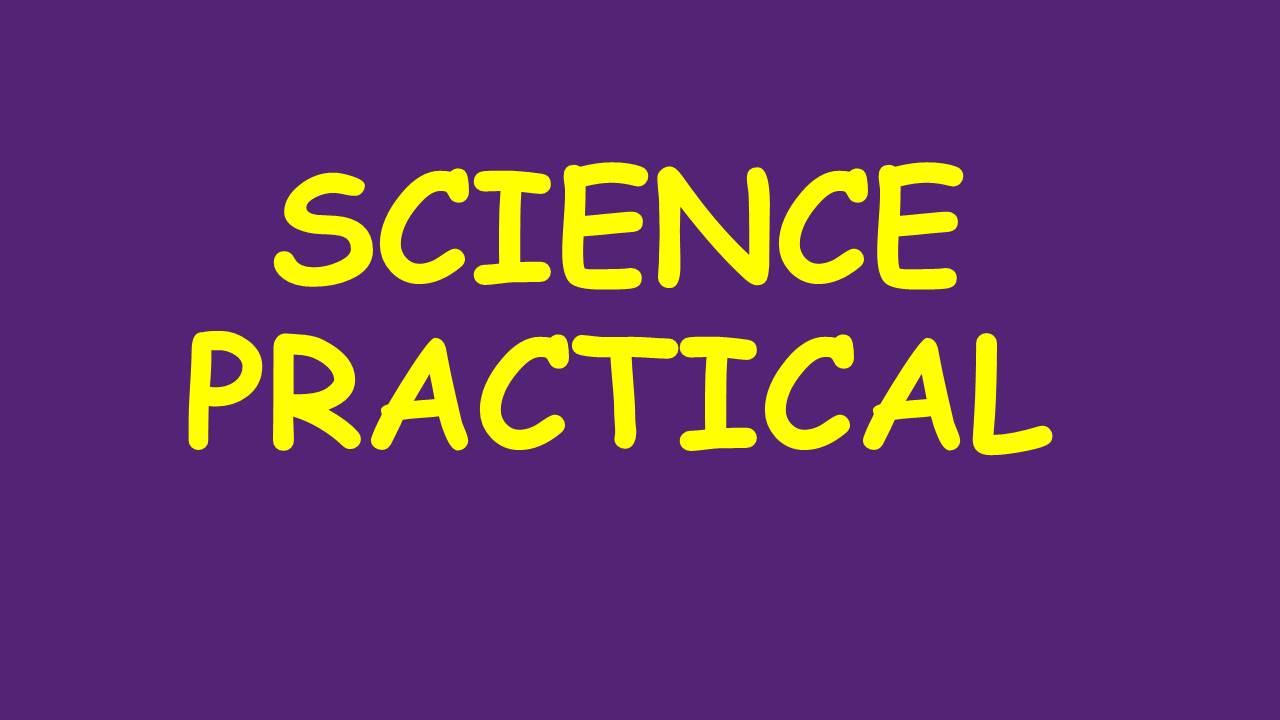I was interviewed by the media yesterday about my views. Since the televised version of it is just one minute, I will write my full answers here plus extra perspectives. : )
Q1. How was it like when you had to register your child for P1?
Although my wife is an alumnus of a popular school, we decided to send our girls to a nearby school instead. We were disappointed that even though we live less than 1 km from the school, we still had to participate in balloting. Although our children did get into the school, it would be quite stressful if they didn’t. To me, children who live less than 1 km from a school should be given a higher priority to enter that school than children whose parents are simply alumni.
Q2. What do you think of the changes introduced?
I think the changes introduced are too minor and vague to make any significant impact on the education system here, if the intention was to reduce stress in the system. If the intention was to have a greater diversity of student backgrounds in a school, the impact will still be minimal. For example, what if there are more than 40 students with no prior connections to a school wanting to go to that school which is near their home? 40 places is not a lot. As for DSA, higher-income parents will be able to groom their children to have some sporting or artistic talent. As for good character or resilience being a consideration for DSA, it is very subjective; students can also be pretentious and parents can force their children to undergo activities that show or document that they have good character or desired personal attributes.
Q3. As a parent, how stressful is PSLE for you?
Because both my wife and I are educators, it is not very stressful for us as we are able to develop our kids academically ourselves. But this may not be the case for other parents, especially those who are not teachers or tutors.
Q4. How do you think the change to PSLE scoring will impact the way children learn?
Not much. Just because I won’t be able to know whether my child gets 235, 265 or 266, it doesn’t mean I will not push them to get 4 A-stars. Parents still want their children to get the best grades.
Q5. As an educator, what are your thoughts on the option to do higher level subjects in Sec 1?
It’s still quite vague what the subjects are that students can do. Apparently, it’s only for Normal stream students to do an Express subject, not for Express stream students to do a higher level subject. It may be good for some able students, but just because you have done well in some previous exam it doesn’t mean you are ready to do a more rigorous subject.
Q6. How will the change to DSA impact your child’s preparation for Secondary School?
Hardly any. Personally, I don’t like a backdoor method of entry to a school. If I want my child to enter a top school, I want her to be intellectually ready to compete with other top students.
Q7. Is it realistic to move towards a “every school is a good school” reality in Singapore?
It will take some time to convince parents that every school is a good school. In the first place, the term “good school” is problematic. What exactly constitutes a good school? I think the government contradicts itself by saying that “every school is a good school”, yet it wants to preserve the notion of “top schools”. So there are good schools and there are top schools. So as a parent, why should I not push my child to get into a top school rather than a good school? What will be more obvious to the public is, all schools are good schools, but some are better than others.
My interview will be aired tomorrow at 9pm in VoicesTODAY. I think it will be repeated on Saturday at 5.30pm, and I was told it would also be available on Youtube.
Unlimited Tuition Pass …
Some of my existing students are so weak in their Math or Physics that they have to come thrice in a week. For such students I have also offered to them an unlimited tuition pass, with no additional fees. So students at Singapore Learner who have paid to come for at least thrice a week can actually come as many as times as they want, since exams are so near and some of them also can’t study elsewhere due to the presence of distractions.
I think some S4 and S5 students who have not revised their work are also not benefitting academically from attending school nowadays, especially if the school keeps giving mock exam papers and just briefly going through the answers. Such students would need intensive topical revision, not the doing of more and more exam papers. But I understand that the school has to cater to the needs of the majority. But I wonder if such students would be allowed to skip school and go somewhere else to study at their own pace, or with their tutors instead.
Every pre-primary child should attend kindergarten
I’ve recently had the privilege of interviewing two needy students under my free tuition scheme. One is in P6 and the other in Sec 1. Both have done badly in school from P1 to P6, and both did not attend kindergarten.
I wonder if parents are aware that the academic standard of our P1 level is quite high. P1 has not been designed to teach a child the English alphabet or the Numbers 1 to 10 for the first time. BEFORE a child enters P1 he must already know how to spell ‘apple’ and be able to understand simple English instructions. He must also already know the numerals 1 to 10 and is able to do simple addition and subtraction. These things are learnt in good kindergartens and some kindergartens teach even further than those.
Thus a child who has not attended kindergarten will be quite ‘lost’ in P1. He may be placed in the school’s Learning Support Programme but this only means he is singled out and stigmatized from a very young age. More likely than not, such children will perform poorly throughout their primary school years, end up in the foundation classes for PSLE, and in a way become destined for the Normal (Tech) stream in secondary school.
_______________________________________
TUITION CLASSES:
_______________________________________________________________
EDUCATIONAL SERVICES:
______________________________________________________________
By EX-MOE TEACHERS & EXPERIENCED TUTORS
@ BLK 644, BUKIT BATOK CENTRAL, #01-68. S(650644).
CALL 65694897 OR SMS 98530744 OR 97860411.
Mixed feelings during relief teaching
I’m now in the staff room of a school in the north, during a break in relief teaching for the day, to cover the work of a Physics teacher. I still enjoy teaching in schools, seeing students clowning about and teachers cracking jokes now and then, and of course, the free parking.
But it saddens me when, at the end of a lesson, the students ask me if i’m coming back to teach them again, or if I can replace their regular teacher. It’s not that I’m such an outstanding teacher; I just do what I thought all teachers should do in class, such as giving real life examples, doing demonstrations, injecting humour now and then, and finally drawing their attention to what the examiners would always look out for in their answer papers.
It has happened just too many times, this thing about students asking me whether I can be their classroom teacher for the long term, that I’m beginning to wonder how many teachers in service are actually passionate about their jobs and possess the right mixture of attributes that can capture students’ attention and make them think about what they are learning. Sometimes, even my own tuition students ask me to teach in their schools.
I’m happy to know that I have the right teaching techniques and the personality to connect with students. But I can be sad thinking about how many students out there are wishing that they have a different teacher for whatever they are learning right now. I’m sure there is a sizeable number of good teachers out there, but perhaps it’s still not enough for the around 30 000 students in every cohort.
Just because you are highly educated in a certain field, it does not mean that you are able to transfer that knowledge to others. So to aspiring teachers out there, please do not enter teaching because (1) it is a stable job, or (2) it gives you many holidays, or (3) you think it is an easy job, or (4) you want free parking, or (5) a job near your home, or (6) you want cheap food. Of course, nothing wrong with all these perks(I myself enjoyed most of these for 3 years), but you should make sure that you possess the right mixture of knowledge, temperament and communication skills for the job. Teachers are the most powerful people on earth; they have influenced leaders like Obama and even Hitler, and others you have not yet come under.
Do not drop a subject if you still have interest in it.
This is the time of the year when your school may ask you to drop certain subjects that you are weak in, using the lame excuse that even if you work hard, you will at most obtain a B4 or a C5. In reality, your school is more concerned about its own academic reputation, not about you. Schools are worried that if weak students continue to sit for certain exams, their national exam results (percentage passes or distinctions) will worsen. Yes, it’s not about you or your future; it’s about the school’s image.
Thus you must be wary when any of your school teachers call you in to give you hints to drop a subject. The teacher will say that if you drop one subject, you will have more time to study for the other subjects. While this may be true, what about the months that you have spent learning that subject? And the extra hours that you create by dropping a subject, will it all go into learning the other subjects? Having less subjects also mean that you will be taking a bigger risk should the unexpected happen to your remaining subjects, as you would be relying on a narrower band of subjects.
Two subjects that schools like to ask students to drop are Physics and Additional Math, the two most conceptually difficult subjects to master, in my opinion. So should you drop any of these subjects if you are asked to?
For Physics, the answer depends on whether you still like learning about Physics. If you still do, then continue doing it and take the exam, even if you have hardly ever passed Physics before. Why? The reason is, Physics has always been a difficult subject for most people. Thus the minimum mark to obtain the A1 grade for Physics may still be in the 75 to 79 range, significantly below that for Math (which is probably around 88 to 91). Hence you still stand a good chance of getting a B3 or above for Physics if you are willing to spend enough time practising Physics questions. This is only possible if you don’t mind studying Physics.
I have a tuition student who is very weak in Physics, and true enough, his teacher has been pestering him to drop Physics. So his mum turned to me for advice. Since he still likes Physics, I told the mum not to give in to the teacher. The boy finally passed Physics for his recent SA1 exam, and is now doing exam papers to get a better grade for his upcoming Prelim exam. The boy is mentally slow, but since he likes Physics, the school should have helped him improve instead. Isn’t it the purpose of schools to develop each student to his maximum potential?
The boy had also been asked to drop A. Math. But like I’ve said elsewhere, NEVER EVER drop A. Math, as knowledge of it is useful for many future courses such as Business, Engineering or Science. Although he still failed in his SA1 A. Math, he has been making significant progress as he still likes doing Math. Where there is a will there is a way. Let children and young people learn what they want to learn, even if it means getting poor exam results for the short term. A school should not be telling students to stop learning this or that, or to stop making effort, or to give up on something good that they have started.
If you need more advice (or even tuition, see below) on Math, A.Math, Physics or Chemistry or Combined Science, do whatsapp me at 97860411.
Ilyasa
An NIE-trained Teacher, Mr Ilyasa has been coaching students in O-Level & IP Chemistry, Physics and Math for more than 12 years. An alumnus of Raffles Institution, Mr Ilyasa holds a a Bachelor of Science degree from the NUS as well as a Master of Education (Curriculum & Teaching) degree from the National Institute of Education. Mr Ilyasa’s thinking and metacognitive approaches to problem solving has helped many students of varying abilities to excel in Math and the Sciences. He has coached students from many different schools and streams, including IP, SAP, and IB.
If you need academic help, kindly click on any of the following programs:
REVISION AND RE-LEARNING (NOV-DEC)
HEAD START (NOV-DEC)
STANDARD WEEKLY TUITION (JAN-OCT)
INDIVIDUAL TUITION
SCIENCE PRACTICAL TRAINING
Integrated Programme (IP) students have an unfair advantage
The pre-2007 A.Math syllabus had topics such as Functions and Permutations and Combinations (P&C). These topics were removed (and moved up to JC level) as part of the MOE’s content reduction exercise, in order to allocate more curriculum time to Project Work (PW), National Education (NE) and Thinking Skills (TS) for all government schools.
However, the IP schools need not follow the O-Level syllabus and I have found out from my IP tutees that Sec 3 students in some IP schools are already learning Functions, P&C as well as Graphical Transformations. Thus some IP students have a 2-year headstart over their non-IP counterparts in certain topics of some subjects.
Apparently, the IP schools are able to incorporate JC topics into their syllabus because they have freed up curriculum time in two ways: (1) by not having to set aside time for O-Level preparations such as prelim and mock exams, and (2) by not teaching O-Level topics that have no consequence for the A-Level exams (such as Geometrical Proof in A. Math). Thus IP schools are in effect taking between 3 to 4 years to prepare their already bright students for the A-Level exams when non-IP students have less than 2 years to prepare for it! Some IP schools even introduce the use of the graphical calculator to their Sec 1 students.
The above is not supposed to happen. It doesn’t make sense to allow brighter students more time to prepare for the same exam (thus, in the final analysis, are IP students really smarter? And imagine how academically bright the non-IP students who obtain straight As for the A-levels are. And what to make of the IP students who don’t get As for the A-levels?)
I don’t think the intention behind the IP concept is to allow IP students more time to prepare for the A-levels. If I’m not mistaken, the time that IP schools ‘save’ in NOT having to prepare for the O-levels is meant to be used for the students to enrich their learning or pursue their passion in certain areas or to acquire soft skills, and not to learn ahead A-Level topics! That is why IP students are not allowed to sit for the O-Level exams, even privately, as it defeats the purpose of having the additional free time meant to develop them more holistically. However, it seems to me there is nothing to prevent an IP school from using SIX YEARS to train it’s students entirely for the A-Levels, by focusing on just the A-level topics and not teaching at all anything that is not tested in the A-levels. Of course this is an extreme example, but there is already concrete evidence that IP schools are teaching JC topics at their secondary levels and omitting secondary level topics that are not tested at the A-levels (yes, I was initially surprised to find out that my IP tutees are not aware of certain concepts tested at the O-levels).
Needless to say, there would be many parents who support giving their children four instead of two years to prepare for our difficult A-level exams. But what about the thousands of students who have to take the O-level route? If ‘brighter’ students need more time to learn, how about the ‘less bright’ ones? And what about the original purpose behind the idea of the Integrated Programme? And when we say every school is a good school, what do we mean? I like what one of my non-IP tutees has said – “Every school is a good school, but some are better than others.”
_______________________________________
TUITION CLASSES:
_______________________________________________________________
EDUCATIONAL SERVICES:
______________________________________________________________
By EX-MOE TEACHERS & EXPERIENCED TUTORS
@ BLK 644, BUKIT BATOK CENTRAL, #01-68. S(650644).
CALL 65694897 OR SMS 98530744 OR 97860411.
Go to the type of school that caters to your strengths
Recently I met an enterprising young man who was trying to sell to me fire extinguishers. He’s studying in a polytechnic and does sales part-time. He speaks very good English so I asked him about his educational background.
He was from the Normal Academic stream and knowing himself, he felt that he wouldn’t survive another year studying for the O-levels in Sec 5. So he went to the ITE instead and eventually obtained a Higher Nitec cert which allowed him to be admitted into a local polytechnic.
This is what I’ve been trying to tell some parents. If, after so many years, your child still cannot sit still to study, please don’t force him or her to do the O-levels or the A-levels. There are so many pathways to success, including academic success, in Spore now. And there’s no shame in going to the ITE to pick up a vocational skill; the ITE is not a lesser school compared to a JC or an IP school. It’s just a different kind of school where you can acquire a different set of useful skills.
Rgds,
Ilyasa
_______________________________________
TUITION CLASSES:
_______________________________________________________________
EDUCATIONAL SERVICES:
______________________________________________________________
By EX-MOE TEACHERS & EXPERIENCED TUTORS
@ BLK 644, BUKIT BATOK CENTRAL, #01-68. S(650644).
CALL 65694897 OR SMS 98530744 OR 97860411.
Some news about JC rankings, postings, cut-off points in 2013 and A-Level results of 2012
I did post the list of JC cut-off points in 2012. However, u’d find that for 2013, the cut-off points and thus rankings will be slightly different. The official list from the MOE will be out next year, but here I will list some of my recent discoveries based on feedback from past students who enter JC this year.
(1) It seems that NYJC has outranked AJC in terms of cut-off points for their Science courses, as I know of students who applied to NYJC science as first choice but got posted to AJC instead.
(2) PJC may have outranked JJC in the same manner above, but I think they are still one above the other in the rankings by cut-off points.
(3) I will post more if I hear more.
But how about the rankings of JCs based on results? Well, for 2012, I have a credible source informing me that RI produced about 600 students with 4 As in their H2 subjects, while the second most successful JC, VJC, produced about 300 and HCI produced about 200. There is a large gap between RI and HCI at the A-levels and I believe I know why. I also feel that AJC has become less popular nowadays and I believe I know why. I’m not surprised VJC continues to do well and I believe I know the reason as I have had tutees from there too. But some of these things I shouldn’t say publicly, so if you need more info, sms me at 97860411.
At the end of the day, pls don’t be silly; it doesn’t matter much which JC you go to. It’s about yourself, get it? An A-Level cert from Yishun JC with four As is at all times superior to an A-Level cert from RI with three As. Many times, it’s easier to be a big fish in a small pond than to be a small fish in a big pond. Take my case in point; I was the top student of my primary school, an average student in RI and the bottom 5 students in my RJC class! Why? In RJC, I was placed in the ASEAN Scholars’ class (although I was perfectly Singaporean and still is) and one of my Singaporean classmates also turned out to be a President’s cum SAF Scholar; I was no match for their determination and time management skills! Fortunately, I was not the type that would let pressure get to me.
But not all of you are like that. Some of you have been top students all the while and your first failure in a test will demoralise you and your second failure will devastate you. Every year I have some tutees who are like that and I have to coach them slowly until they regain their confidence in themselves. So whether or not being in a top JC is good for you partly depends on your personality and mental strength. : )
Rgds,
Ilyasa, M.Ed, PGDE, BSc, ex-sch teacher (h/p: 97860411)
_______________________________________
TUITION CLASSES:
_______________________________________________________________
EDUCATIONAL SERVICES:
______________________________________________________________
By EX-MOE TEACHERS & EXPERIENCED TUTORS
@ BLK 644, BUKIT BATOK CENTRAL, #01-68. S(650644).
CALL 65694897 OR SMS 98530744 OR 97860411.
List of Junior Colleges (JC) (2012) in Singapore by Cut-Off L1R5 aggregate score (including bonus points)
SCIENCE PRACTICAL TRAINING
PRACTICAL CRASH COURSES (Mar, Jun, Sep and Oct)
MOCK EXAMS FOR SCIENCE PRACTICAL (Sep and Oct)
H2 PHYSICS PRACTICAL
H2 CHEMISTRY PRACTICAL
H2 BIOLOGY PRACTICAL
The table below shows the net L1R5 aggregate of the lowest ranked students who were admitted to the Junior Colleges (JCs) through the 2012 Joint Admissions Exercise (JAE).
| S/No | Junior College | Arts | Science/IB |
| 1 | Hwa Chong Institution | 3 | 3 |
| 2 | Raffles Institution | 3 | 3 |
| 3 | Victoria JC | 5 | 4 |
| 4 | National JC | 5 | 5 |
| 5 | Anglo-Chinese School (Independent) | – | 5 |
| 6 | Temasek JC | 7 | 6 |
| 7 | Anglo-Chinese JC | 7 | 6 |
| 8 | Anderson JC | 10 | 8 |
| 9 | Meridian JC | 9 | 9 |
| 10 | Nanyang JC | 9 | 9 |
| 11 | St. Andrew’s JC | 9 | 9 |
| 12 | Catholic JC | 10 | 10 |
| 13 | Serangoon JC | 13 | 13 |
| 14 | Tampines JC | 13 | 14 |
| 15 | Jurong JC | 13 | 16 |
| 16 | Pioneer JC | 16 | 16 |
| 17 | Innova JC | 20 | 20 |
| 18 | Yishun JC | 20 | 20 |
| 19 | St. Joseph’s Institution | – | – |
SCIENCE PRACTICAL TRAINING
H2 PHYSICS PRACTICAL
H2 CHEMISTRY PRACTICAL
H2 BIOLOGY PRACTICAL
List of ‘Top’ Primary Schools (2012) based on GEP classes and Awards achieved
Related links:
P4-P6 MATH TUITION (2015 – REGISTER NOW!)
P4-P6 SCIENCE TUITION (2015 – REGISTER NOW!)
P4-P6 ENGLISH TUITION (2015 – REGISTER NOW!)
——————————————————————————————————–
The following system ranks primary schools according to the number of gifted classes available in a school from P4-P6, and how many awards they have obtained in 2011. The information has been taken and analysed from the MOE’s website.
For ease of reading, the numbers in the table under each column heading is the number of awards/classes there are, while the number in [ ] is the points that we assign to each award/class based on our judgement of the perceived relative importance of these programmes or awards. The Total is the number of points obtained by each school for the purpose of our ranking.
Gifted Education Programme (GEP)
As the presence of GEP classes in a primary school is an indication of the recognition and support that such schools have from the government, 3 points are awarded for each class present in the school from Primary 4-6.
School Distinction Award (SDA) & School Excellence Award (SEA)
As the SEA and SDA are very prestigious awards for a school, 2 points will be awarded for each of these awards obtained.
The following awards are assigned one point each for the purpose of computation of the ranking:
Development (DA) and Outstanding Development Award (ODA) (National Education)
Development (DA) and Outstanding Development Award (ODA)(Character Development)
Best Practice Award (BPA)
Special Award (SA)—Lee Kuan Yew National Education Award (LKY NE Award)
